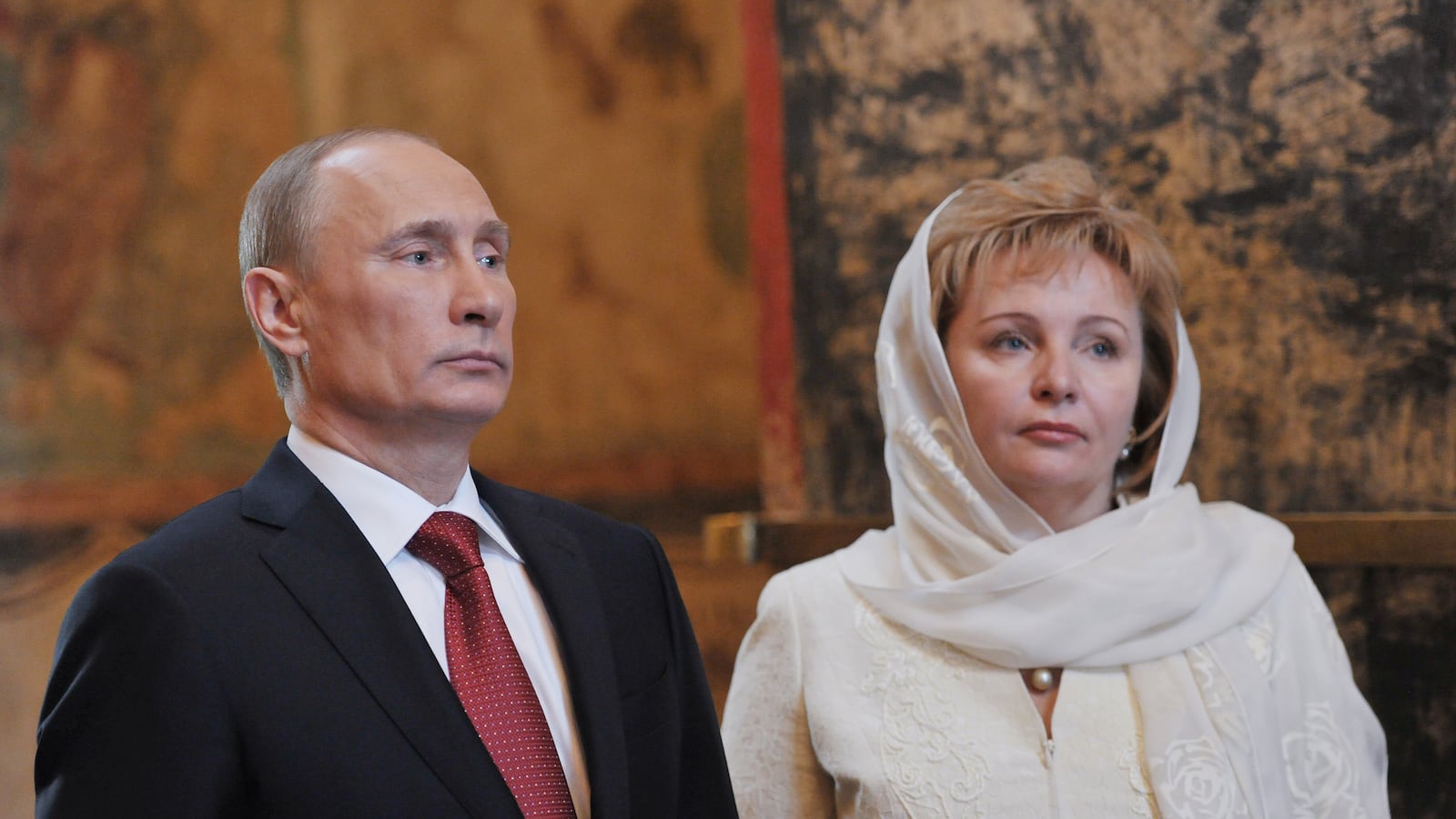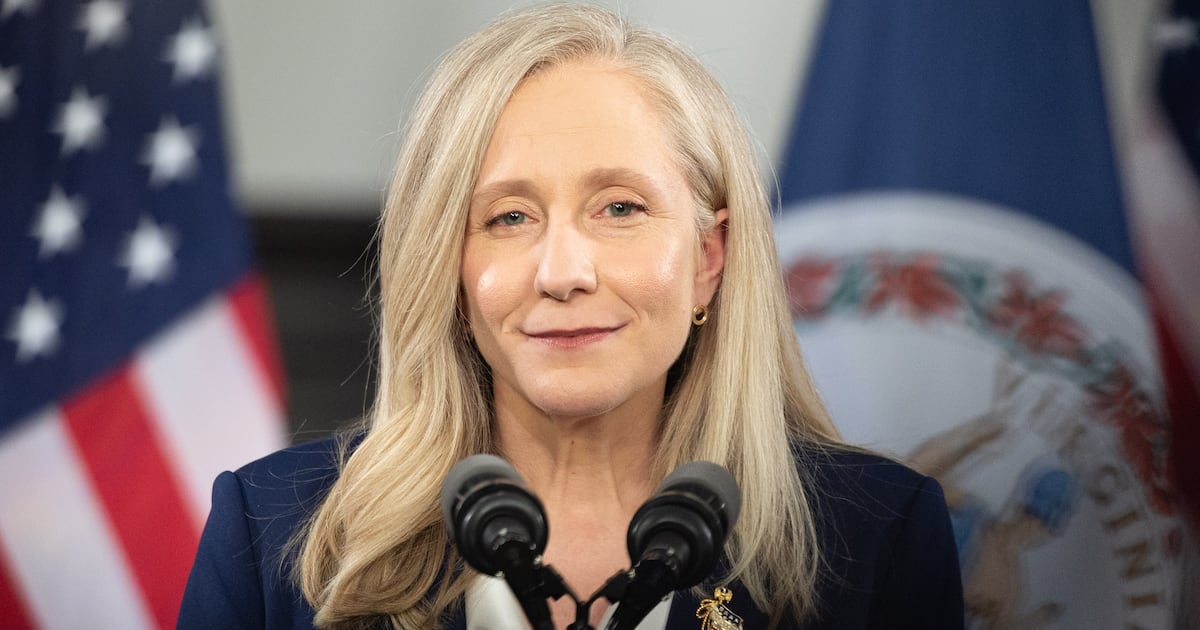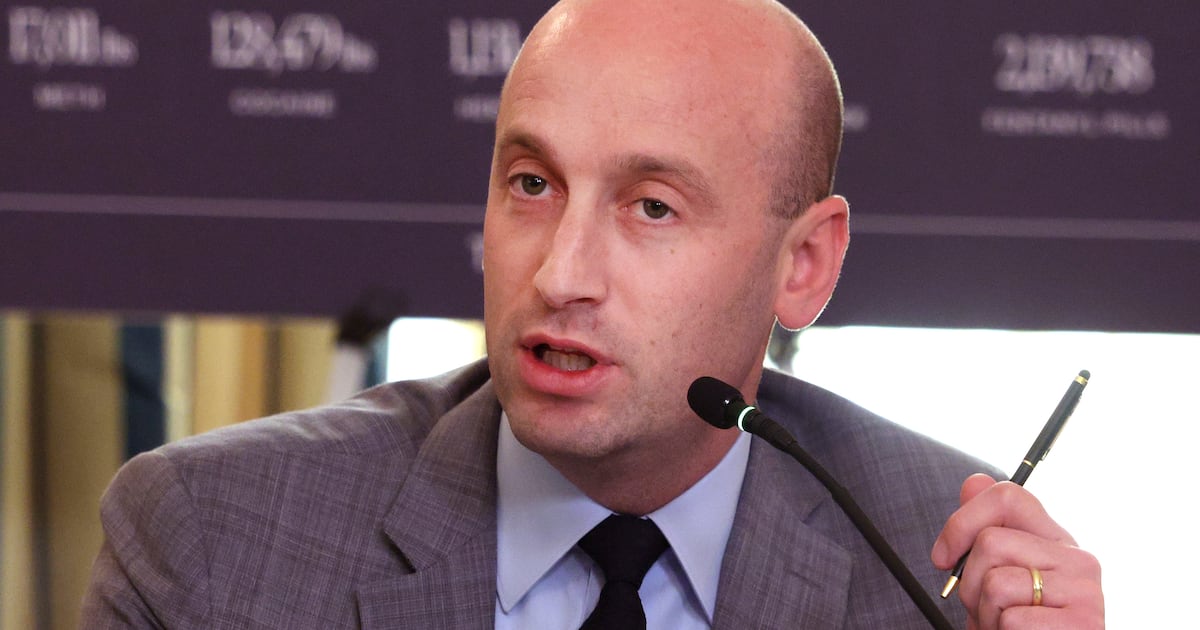There were no street celebrations, no memorable concerts, no fireworks, not even a word on the main news channels. Russians did not mark the 55th birthday of their first lady, Lyudmila Putina, last Sunday. Instead, those who did not leave for Egypt or Thailand for the official two-week new-year break were passionately discussing every step made by a new Russian citizen, the scandalous Gérard Depardieu. Last year the Internet carried the occasional question (“Where did Lyudmila Putina disappear?”) or strange claim (“Putin Hides His Wife in a Monastery”). This year Russians forgot even to mention her.

Russians are mostly indifferent to the wives of their leaders, and in turn the first ladies rarely seek or share the limelight with their husbands. But even by those standards, Vladimir Putin’s wife has always been a shadowy figure.
Putina’s public appearances have never been too noteworthy. Russian TV viewers may recall a few recent videos of her talking about family matters or the “creativity awakening in a child’s soul” and a few visuals on Channel One of Putina in a long dark red coat exploring old Krakow with the Polish first lady Yolanda Kvasnevskaya. The last official images of the president and his wife together were taken the day of Putin’s inauguration last spring. But nobody saw any traditional photographs of the birthday celebration, of any long table loaded with food, or of any guests toasting to a long life.
“Are you serious? Mrs. Putina has turned 55? I completely missed that!” a Parliament member, Mikhail Degtiarev, exclaimed in an interview with The Daily Beast. “Media must have ignored the event. Instead we’ve been paying attention to the artificial news, all of missing important historical events.”
At least one official did not forget to express his best wishes. Chechen president Ramzan Kadyrov posted on Twitter: “I would like to congratulate the first wife of Vladimir Vladimirovich, Lyudmila Alexandrovna, and wish her Caucasus-style long life.” The Internet gossipers immediately speculated that Kadyrov might well be hinting at the existence of a second wife.
As for the president, on the day of his wife’s birthday, the country saw Vladimir Putin hugging the huge shoulders of the French exile Depardieu, who arrived to receive his Russian passport at Bocharov Ruchei, the presidential residence on the Black Sea. The first lady was nowhere to be seen. Almost no public reaction followed. One tiny post could be found on the website of Sakha News agency, which covers goings-on in remote Siberia: “The president went skiing with his friend Medvedev on his wife’s 55th birthday,” which was also the Orthodox Christmas Eve. Kremlinologists say it was not the first time the Russian president did not join his wife for Orthodox Christmas holidays.
“This is the striking thing about Putin,” noted Geraldine Fagan, an expert on religion in contemporary Russia and the author of Believing in Russia. “For some reason, he prefers to spend Christmas in some small provincial church and not to be around his wife on her birthday.”
What may seem odd to a Westerner is quite understandable to Russian observers accustomed to the idea that Russia can function just fine without a first lady. “The first lady’s position has been vacant for a while—Russians prefer the father of the nation to be single,” says Sergei Markov, vice president of Plekhanov Economic University in Moscow and a frequent adviser to Putin in the past. Markov noted that Lyudmila Putina disappeared from the public eye in 2008, and before that “she obviously embarrassed the president publicly and seemed a burden.”

The first lady’s current whereabouts are unknown. Some reports say Putina might be staying in Spaso-Yelizarovsky women’s monastery outside Pskov; others that she lives in a well-guarded villa on the outskirts of Moscow or in St. Petersburg, or even in Paris. But none of the rumors has been proven true. A group of about 300 people saw the president’s wife Dec. 28 at a Kremlin New Year’s reception, though the event was not televised—she was sitting at a table with the Orthodox Church Patriarch Kirill and former first lady Svetlana Medvedeva. “Lyudmila Putina looked unusually amused and happy, considering that she normally tends to avoid public spaces,” recalled one of the guests at the reception, Alexei Venediktov, director of the radio station Echo of Moscow.
That the country’s leader should only rarely appear with his spouse is a fact traditionally unquestioned by the public. The one bright flash in the gloomy lineup of “shadowy” wives of Soviet general secretaries was Raisa Gorbachev. For the first time since the era of the tsars, an articulate, outspoken woman with a good sense of style and intelligent manners represented Russia as part of a ruling couple. Raisa accompanied Gorby on trips and at receptions, ran a foundation and a club, and edited her husband’s books. But Russians could not love her.
While Mrs. Gorbacheva bought designer clothes and jewelry with her credit card in French boutiques, overworked Russian women waited in long lines to buy a bottle of milk, having no extra rubles in their wallets for a new pair of tights. Russia blamed both of its most politically active first ladies—Alexandra, the wife of Emperor Nicholas II, and Mrs. Gorbacheva—for the troubled politics causing disasters in the country.
“The majority of Russians hated the way Gorbacheva managed her husband, since traditionally Russian women are supposed to remember where their spot is,” said Yuri Krupnov, a pro-Kremlin think-tank analyst, who added that he was not surprised that Putin’s wife lived a quiet and secretive life.
Judging by her own recollections as quoted in Oleg Blotsky’s biography, Lyudmila Putina knew “her spot” quite well. At an early stage of their family life, she learned her husband believed that “a woman should do all housework herself.” Seven months pregnant with her second daughter, she had to carry her baby and a bag of groceries upstairs. Putina complained to Blotsky about her lonely days in Dresden, Germany, where Putin worked as a KGB officer.
A Kiss—Not for the Press, a Russian movie allegedly based on Lyudmila Putina’s recollections of her personal life, appeared on DVD in 2008, but was never shown widely in Russian theaters. It includes an emotional scene in the kitchen in which the wife exclaims, “You brought me to Germany so I would be your housewife!” The film opens with a scene of a nearly fatal car accident in St. Petersburg that left Lyudmila Putina with severe injuries. On that sad day, too, she had to go it alone; Putin, then a deputy mayor, was busy showing television tycoon Ted Turner around St. Petersburg. An aide, Igor Sechin, went to the hospital instead.
Some Russians miss Lyudmila Putina. One of Moscow’s top fashion designers, Vladislav Zaitsev, is famous for dressing Putina in an oversize hat, reportedly twice as big as the British queen’s, when she and Putin visited Buckingham Palace. “I love her very much,” Zaitsev said on Dozhd TV last October. “She is wonderfully natural without any snobbishness or ambitions.” But the friendship could not blossom. “Unfortunately, our communication was suddenly interrupted; somebody must have been afraid of my a bit too active influence on her,” Zaitsev said.
A club of successful women, called Otlichnitsy, would like “to take Lyudmila Putina under their wing,” said an expert on Russia’s leaders, Olga Kryshtanovskaya, a sociologist who studies the elite at the Russian Academy of Sciences. The women’s group praised Putina’s charity work on children’s books and decided to ask the first lady to join their new campaign distributing books around Russian prisons. But once again the key issue emerged: where to mail the proposal? “As we do not have the slightest idea at what address Lyudmila Putina stays these days, and we did think that the presidential administration would deliver our letter to her, we welcomed Mrs. Putina to join us on Facebook,” Kryshtanovskaya said. They got no reply.






